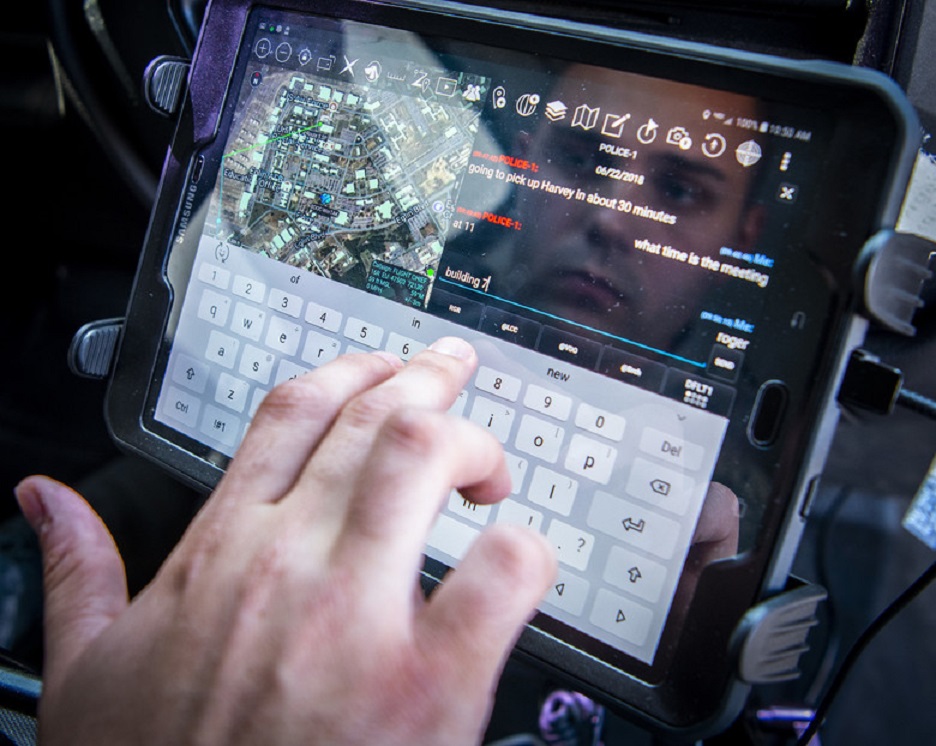
This post is also available in:
 עברית (Hebrew)
עברית (Hebrew)
US and allied GPS signals are under an increasing threat of enemy electronic warfare jamming attempts. A new US Air Force initiative addresses this challenge and attempts to deny the enemy the use of US GPS signals.
The project will include a next-generation application-specific integrated circuit (ASIC) for secure GPS land navigation.
The Air Force navigation and guidance experts are choosing three U.S. defense contractors to develop and build enabling technologies for M-Code capable handheld and vehicle-mount Global Positioning System (GPS) satellite navigation receivers.
Officials of the Space and Missile Systems Center of the Air Force Space Command at Los Angeles Air Force Base, Calif., announced contracts collectively worth $552.6 million for the Military GPS Users Equipment Miniature Serial Interface Increment 2 Application Specific Integrated Circuit (MGUE Inc 2 MSI ASIC) project.
The next-gen ASIC should provide significant performance improvements and extend production life over its predecessors, negate obsolescence issues of the current 90-nanometer and 45-nanometers increment 1 ASICs, according to militaryaerospace.com.
Three companies will develop ASICs for the MGUE MSI GPS receiver card to accommodate low size, weight, and power consumption (SWaP) for ground embedded users, aviation, and precision-guided munitions, Air Force officials say.
Raytheon Intelligence & Space, Collins Aerospace, and L3Harris Interstate Electronics were involved in the program.

























